New Poetry by Ivan ArgüellesTHE FALL OF KABUL carpet-baggers locusts cannibals lice the head turns to stone the moon is drawn out of its well and decapitated in a dust flurry minutes before the evacuation promises of paper-flowers fruit without vermin bread ! for two decades a series of statues come and gone artillery composed of offal and headwinds ox-carts bearing sultans of medieval dialects everything a matter of renunciation movies cosmetics opium military footwear the greatest Demon in the world has just surrendered his vices in a big photograph swap history is written on mattresses with bedbugs remember the Soviet carrion ? remember the big Buddha at Bamian ? five thousand years since the Aryans bruited the Vedas in the Hindu Kush and today nothing but a reversal of system and value blond poster-girls peeling off bloodied walls hoodwinked soldier boys from Iowa City haunted by the part they played dismembering the carcass of progressive Reform Jihad ! Mujahideen ! turn the volume up ! the Twin Towers were destroyed by fireflies a nuisance of idioms and heresy monstrous illiteracy of social media lies verbiage and tattooed air multiples of Zero Balkh the birthplace of Rumi surrenders ! President of USA suffers from PTSD a painted screen a flutter of Chinese diplomats wearing poisoned masks an x-ray of Night what good are stealth bombers and drones ? red ants versus black ants ! civilization ! mendacity of General Petraeus and the CIA operatives who drill like moles through earth nothing is solid and even less is holy the Beloved ! houris wearing burkas on Main Street Yea this day is Paradise and Gehenna above and below and forever ! 08-15-21  Ivan Argüelles is a Mexican-American innovative poet whose work moves from early Beat and surrealist-influenced forms to later epic-length poems. He received the Poetry Society of America’s William Carlos Williams Award in 1989 as well as the Before Columbus Foundation’s American Book Award in 2010. In 2013, Argüelles received the Before Columbus Foundation’s Lifetime Achievement Award. For Argüelles the turning point came with his discovery of the poetry of Philip Lamantia. Argüelles writes, “Lamantia’s mad, Beat-tinged American idiom surrealism had a very strong impact on me. Both intellectual and uninhibited, this was the dose for me.” While Argüelles’s early writings were rooted in neo-Beat bohemianism, surrealism, and Chicano culture, in the nineties he developed longer, epic-length forms rooted in Pound’s Cantos and Joyce’s Finnegans Wake. He eventually returned, after the first decade of the new millennium, to shorter, often elegiac works exemplary of Romantic Modernism. Ars Poetica is a sequence of exquisitely-honed short poems that range widely, though many mourn the death of the poet’s celebrated brother, José.
0 Comments
Rinconcito is a special little corner in Somos en escrito for short writings: a single poem, a short story, a memoir, flash fiction, and the like. Two poems by Vincent CooperVeterano Before the election I saw Chicano veterans holding up Vote for Trump Signs outside of schools And libraries. Some Veteranos Don’t know they’re Chicano, They want that towering wall Dividing America and Mexico To smite gay pride and the rainbow flag. Trump-sates the blood-thirsty hate from within The void of my father Was filled by a Veterano, Who in 1967 (Dropping out of Brackenridge High School) Heard the war song of A westside Marine Corps Recruiter. “Go defend our country son make Uncle Sam proud. Don’t worry about a High School Diploma, You’ve got the Viet Cong to think about. You’ll be physically fit, cock strong, in your dress blues All these westside chicks are gonna want to fuck you You’ll have medals pinned on your chest, a career as a cook or custodian Benefits with a steady paycheck, a cheap little house with an iron fence C’mon be a real man with a rifle in your hands And tell them all, later on, about the young heroes of war Jungle sounds, Khe San and how things were in’ Nam. Vietnamese rats Chasing like rabid dogs So large you couldn’t swallow Shooting women And children Coming back To be a Little League coach For your kids- A hero? A patriot? Wearing a red and gold cover That reads: 1967-1969 Reconnaissance USMC Raising a Devil Dog flag in the front yard Next to an American flag. Everyone driving by knows where you stand. Who you are A Veterano What you did For this country That is not yours A dream you’re not in. A Real Marine You’re a marine? Thank you for your service is physically fit, says OORAH when they see another marine, has American pride, honors the eagle, globe and anchor, has a bulldog named Chesty, tells war stories, while polishing his medals, banks with USAA, psycho tough, ready to kill, never hesitates, knows martial arts like Chuck Norris, is an alcoholic with a side chick, has PTSD, a racist in denial, attends air shows with the silent drill platoon. A real marine says this country has gone to shit, doesn’t want to die, because their grandson is gay, on the flip, he wants gays in the military to serve as bullet-catchers. A real marine gets shafted by the corps, years later, thankless service, wearing a red cover, USMC t-shirt, won’t stop until the job is done, flashbacks, hates Asians, haircut high n’ tight, originally from Parris Island, is sometimes a tio taco, not that amphibious, a cock boy in dress uniform, marching at grocery stores. A real marine trains people of color to kill people of color. A United States fucking Marine, trained to kill anyone, anything, even himself. I didn’t go to war. 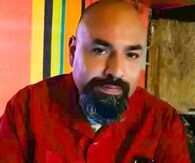 Vincent Cooper is the author of Zarzamora – Poetry of Survival and Where the Reckless Ones Come to Die. His poems can be found in Huizache 6 and Huizache 8, Riversedge Journal, and Latino Literatures. Cooper was selected to the Macondo Writer’s Workshop in 2015. He currently resides in the southside of San Antonio, Texas. Two poems |
Archives
July 2024
Categories
All
|
Donate and Make Literature Happen
is published by the Somos En Escrito Literary Foundation,
a 501 (c) (3) non-profit, tax-exempt corporation. EIN 81-3162209


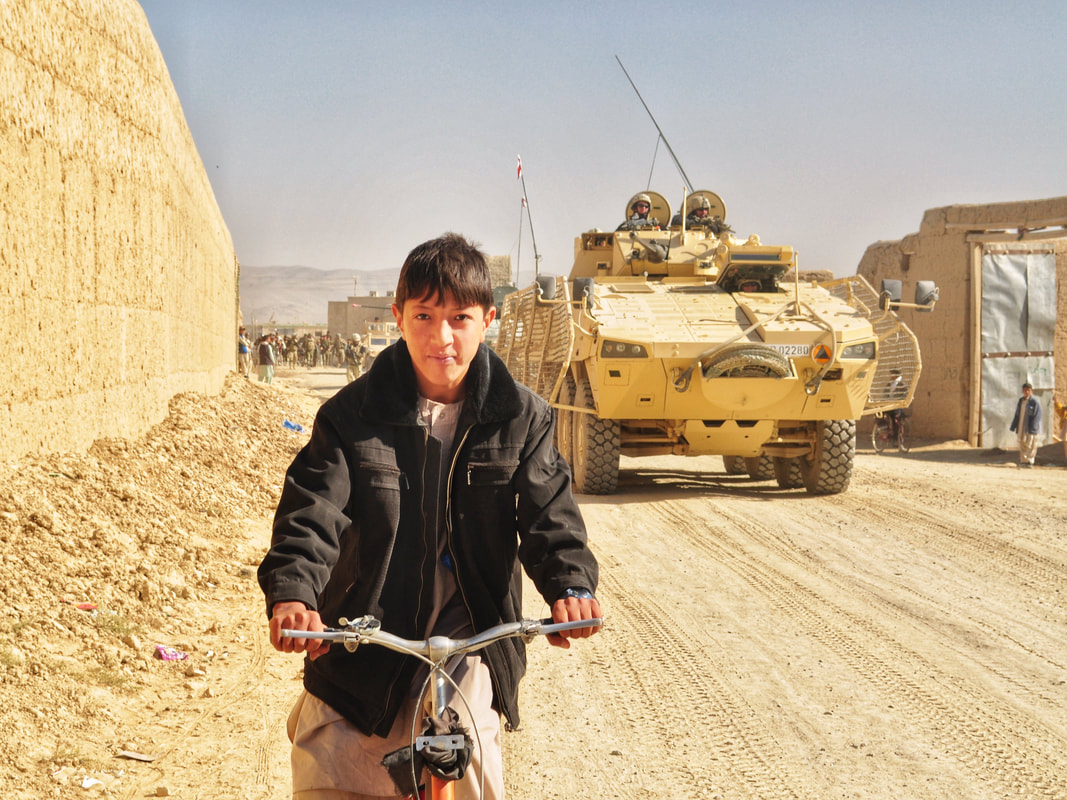
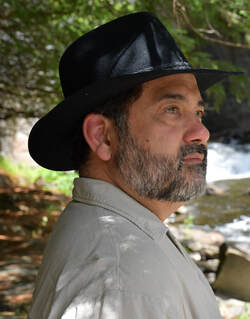
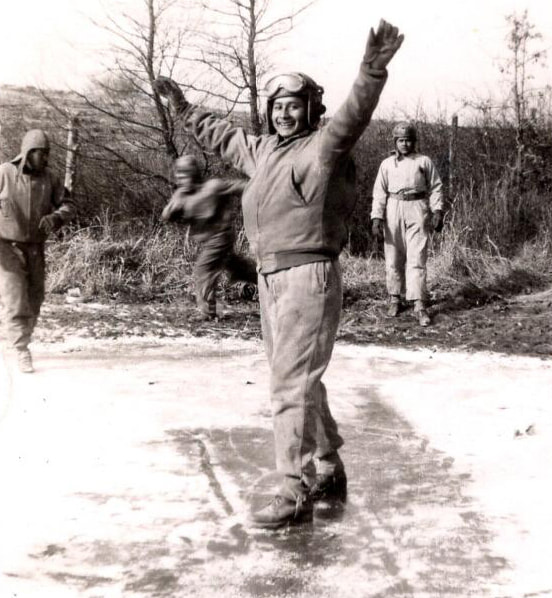
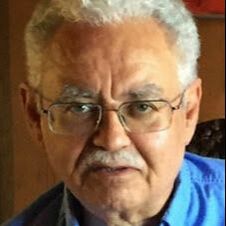
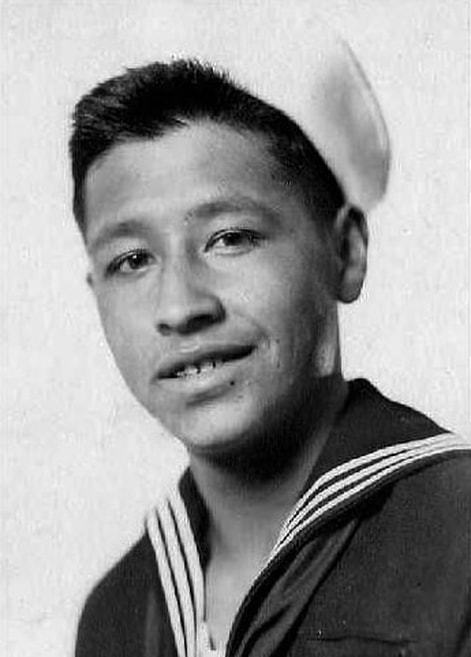
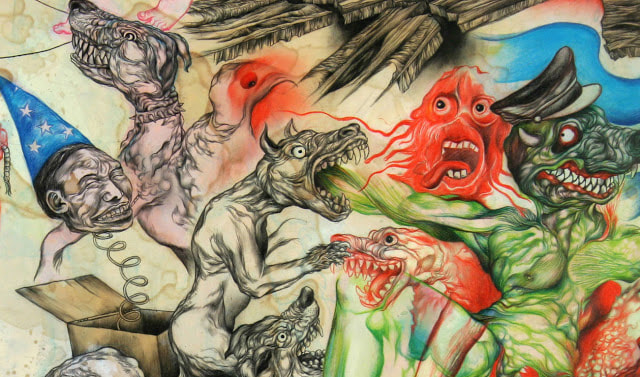

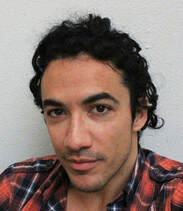
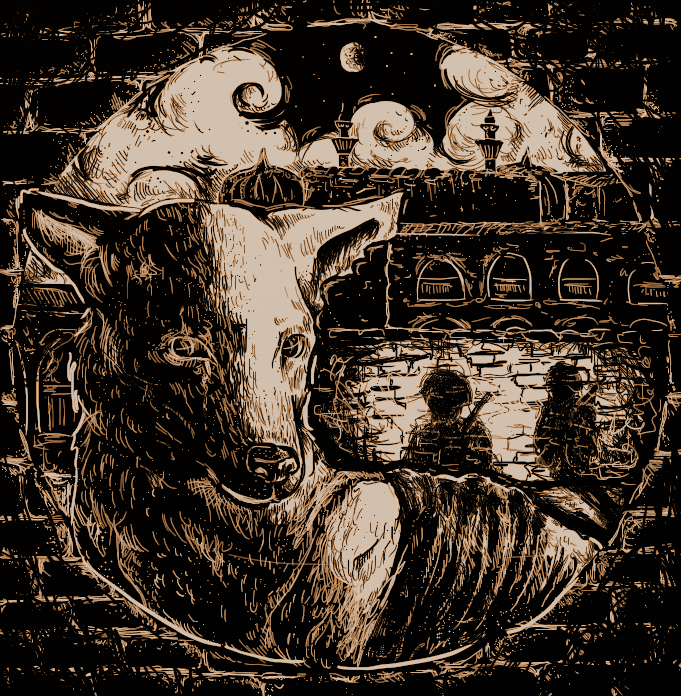
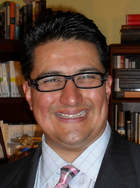
 RSS Feed
RSS Feed